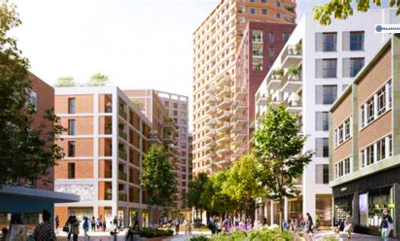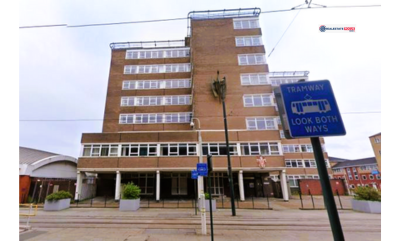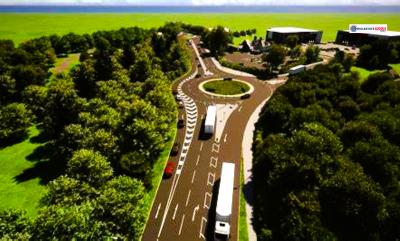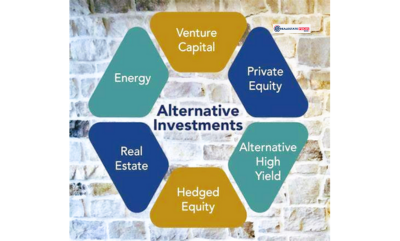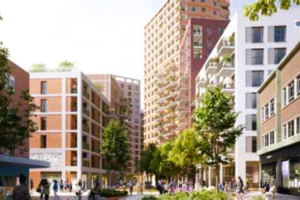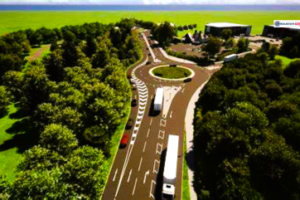

GCC Real Estate Boom to Drive Sustainable Economic Growth
The Gulf Cooperation Council (GCC) is looking to expand its real estate sector to support sustainable growth. A key official from Qatar recently emphasized the need to diversify economies in the region and reduce reliance on oil. Real estate development is seen as a major driver of this shift.
The official highlighted the role of infrastructure projects and residential developments in creating long-term value. These initiatives not only attract foreign investment but also foster local economic stability. By focusing on sustainability, GCC nations aim to create real estate projects that align with global environmental goals.
One of the main objectives is to build eco-friendly urban centers. These projects will incorporate renewable energy and energy-efficient designs. Qatar and other GCC countries are also encouraging the use of sustainable construction materials to minimize environmental impact.
Tourism and hospitality sectors are also being integrated into the real estate boom. Investments in luxury hotels, resorts, and cultural landmarks are helping to attract international visitors. These projects provide an opportunity to diversify income streams while promoting local heritage and culture.
The GCC real estate market has witnessed significant growth over the past decade. Governments across the region are offering incentives for private investors to participate in large-scale developments. These include tax benefits, relaxed regulations, and streamlined processes for foreign investment.
Qatar’s role in promoting sustainable real estate practices has set an example for neighboring countries. The country has already invested in green buildings and smart city projects. These initiatives are designed to meet the demands of a growing population while conserving resources.
The official also stressed the importance of collaboration between GCC nations. Sharing expertise and resources can accelerate progress in the real estate sector. Joint ventures and partnerships between public and private entities are expected to drive further innovation.
By focusing on sustainable real estate development, GCC countries are preparing for a future less dependent on oil revenues. The shift toward eco-conscious urban planning and construction reflects a broader commitment to global sustainability efforts. This strategy is likely to position the GCC as a leader in sustainable growth and development.




